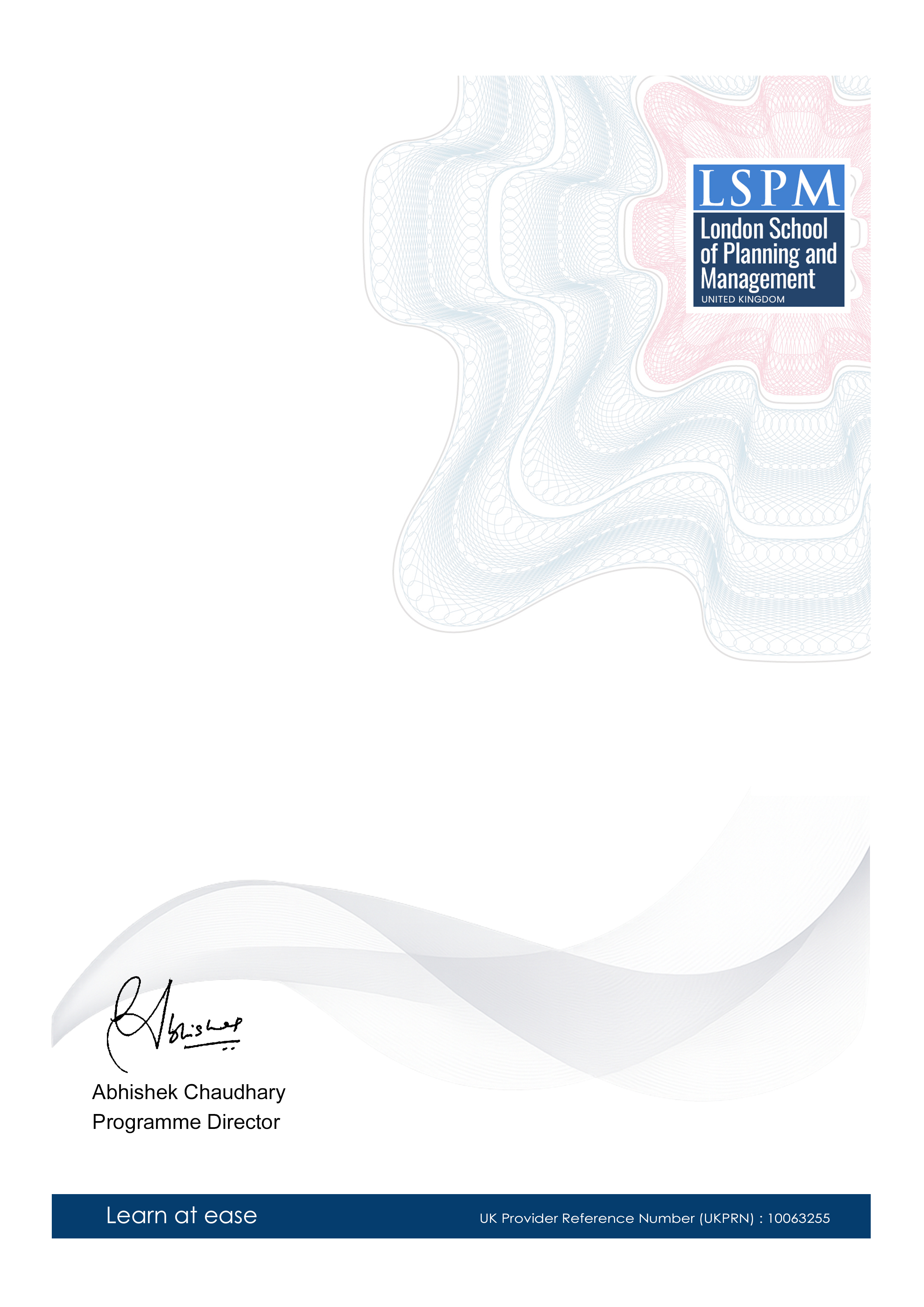Career Advancement Programme in Fisheries Data Mining Techniques
-- viewing nowThe Career Advancement Programme in Fisheries Data Mining Techniques certificate course is a comprehensive program designed to equip learners with essential skills in data mining, analysis, and visualization for the fisheries industry. This course highlights the importance of data-driven decision-making in fisheries management and sustainability, making it highly relevant for professionals in this field.
2,187+
Students enrolled
GBP £ 149
GBP £ 215
Save 44% with our special offer
About this course
100% online
Learn from anywhere
Shareable certificate
Add to your LinkedIn profile
2 months to complete
at 2-3 hours a week
Start anytime
No waiting period
Course details
• Fundamentals of Data Mining in Fisheries: An introduction to data mining techniques and their applications in the fisheries industry. Cover primary concepts, tools, and best practices.
• Data Collection and Preprocessing: Learn how to gather, clean, and preprocess data for use in data mining techniques. Understand the importance of data quality in fisheries research.
• Exploratory Data Analysis (EDA): Explore the use of EDA in fisheries, including data visualization, statistical analysis, and pattern recognition.
• Classification Techniques: Dive into classification algorithms, including decision trees, random forests, and support vector machines. Understand how to apply these techniques to fisheries data.
• Clustering Techniques: Learn about various clustering algorithms, such as k-means, hierarchical clustering, and density-based spatial clustering. Examine their real-world applications in fisheries.
• Association Rule Learning: Discover how association rule learning can help uncover hidden patterns and correlations in fisheries data. Apply these techniques to identify new insights.
• Time Series Analysis in Fisheries: Study time series analysis methods to predict and model fisheries trends over time. Understand how to use these techniques for sustainable fisheries management.
• Advanced Topics in Fisheries Data Mining: Explore advanced topics, such as deep learning, machine learning, and neural networks. Learn how these techniques can help improve fisheries management.
• Communicating Results: Master the art of communicating data mining results to various stakeholders, including policymakers, researchers, and the general public.
• Ethics and Responsible Data Mining: Understand the ethical considerations and responsible practices for using data mining techniques in fisheries research and management.
Career path
Entry requirements
- Basic understanding of the subject matter
- Proficiency in English language
- Computer and internet access
- Basic computer skills
- Dedication to complete the course
No prior formal qualifications required. Course designed for accessibility.
Course status
This course provides practical knowledge and skills for professional development. It is:
- Not accredited by a recognized body
- Not regulated by an authorized institution
- Complementary to formal qualifications
You'll receive a certificate of completion upon successfully finishing the course.
Why people choose us for their career
Loading reviews...
Frequently Asked Questions
Skills you'll gain
Course fee
- 3-4 hours per week
- Early certificate delivery
- Open enrollment - start anytime
- 2-3 hours per week
- Regular certificate delivery
- Open enrollment - start anytime
- Full course access
- Digital certificate
- Course materials
Get course information
Earn a career certificate

